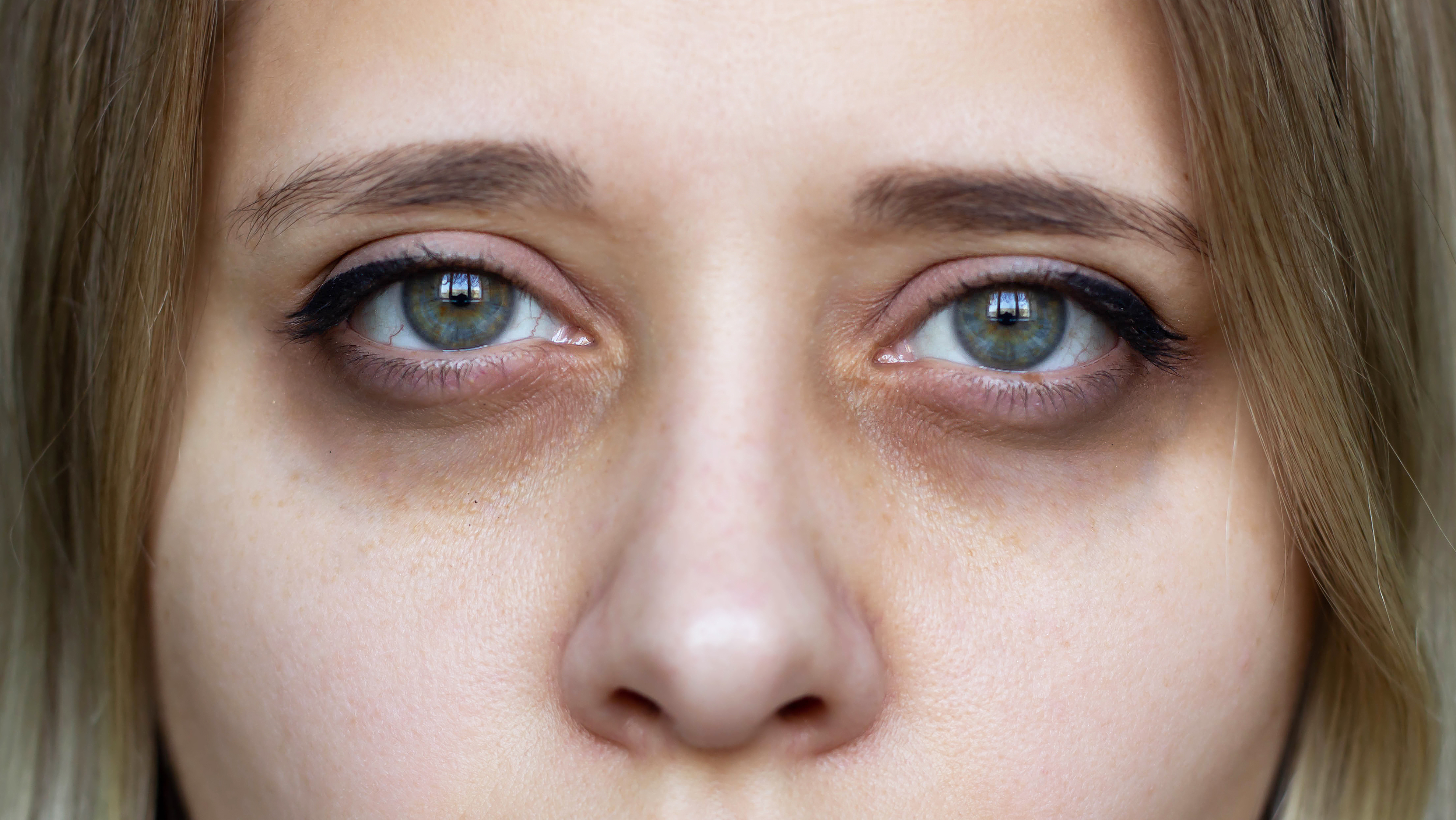Dark circles: know the causes, treatments and how to reduce them
Dark circles under the eyes are a common aesthetic problem that affects many people, giving a tired and aged appearance to the face. Characterized by a dark or shadowy discoloration around the eyes, often accompanied by puffiness, dark circles can be a source of frustration and affect self-confidence. Read on to find out about the causes of dark circles, the different treatments available and some useful tips to reduce them.
There are several causes for the emergence of dark circles. One of the main ones is lack of adequate sleep. When we don’t get enough rest, the skin around the eyes turns pale and the blood vessels become more visible, resulting in dark circles. In addition, genetic factors can also contribute to the predisposition of dark circles, especially in people with thinner skin.
In addition to insufficient sleep and genetics, other common causes of dark circles include aging skin, stress, eyestrain, allergies, excessive sun exposure, excessive alcohol consumption and smoking. Identifying the underlying cause is important in determining the best treatment.
As far as treatments are concerned, there are several options available. Using eye creams with ingredients like vitamin C, vitamin K, retinol, and hyaluronic acid can help reduce skin darkening and hydrate the eye area. Additionally, medical treatments such as the use of lasers, chemical peels, and dermal fillers may be recommended by dermatologists for more severe cases.
In addition to treatments, some useful tips can help reduce the appearance of dark circles. A good sleep routine, ensuring at least 7-8 hours of rest a night, can make a big difference. Applying cold compresses, such as cucumber slices or iced tea bags, over your eyes for a few minutes can help reduce puffiness and cool the area.
It’s also important to protect the skin around your eyes from sun damage by wearing sunglasses and applying sunscreen. Drinking plenty of water, avoiding excessive consumption of alcohol and tobacco, and eating a healthy, balanced diet rich in fruits and vegetables can also contribute to overall skin health and reduce the appearance of dark circles.
In summary, dark circles can be an aesthetic nuisance, but there are several treatment options and preventive measures that can help reduce their appearance. Consulting a dermatologist is always a good idea to get personalized advice and recommendations specific to your case. Remember to look after your overall health and well-being, as this also reflects on the appearance of the skin around your eyes.

